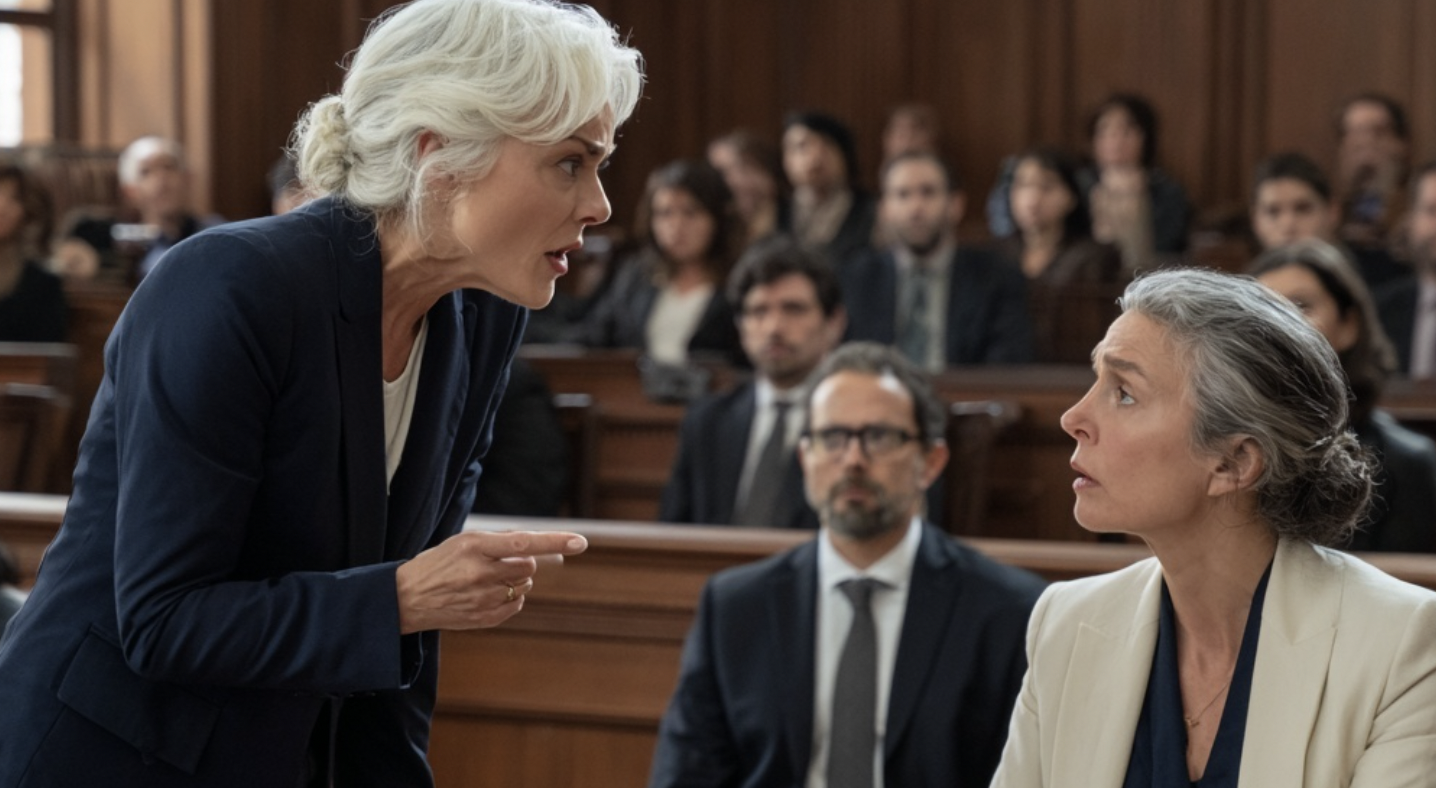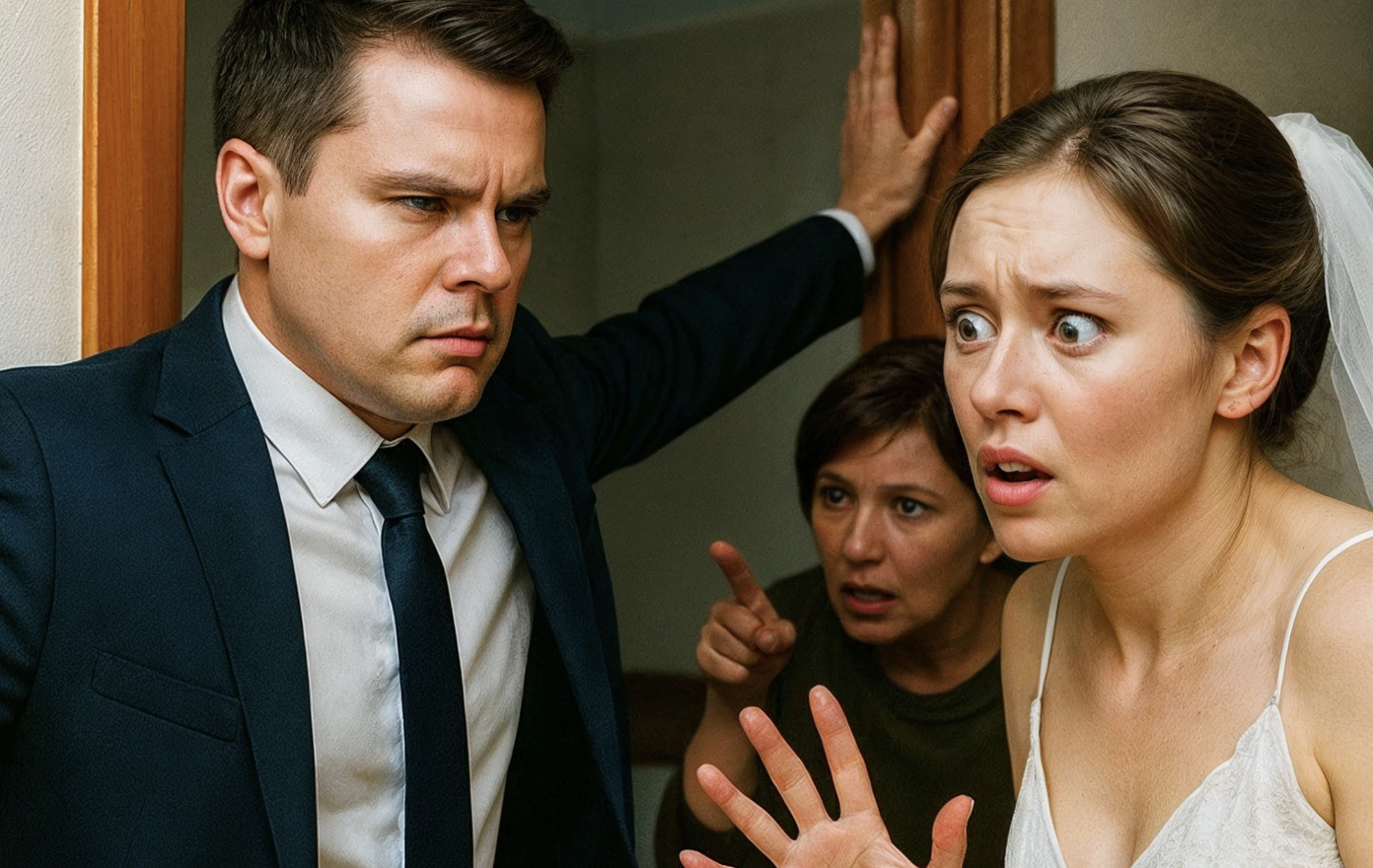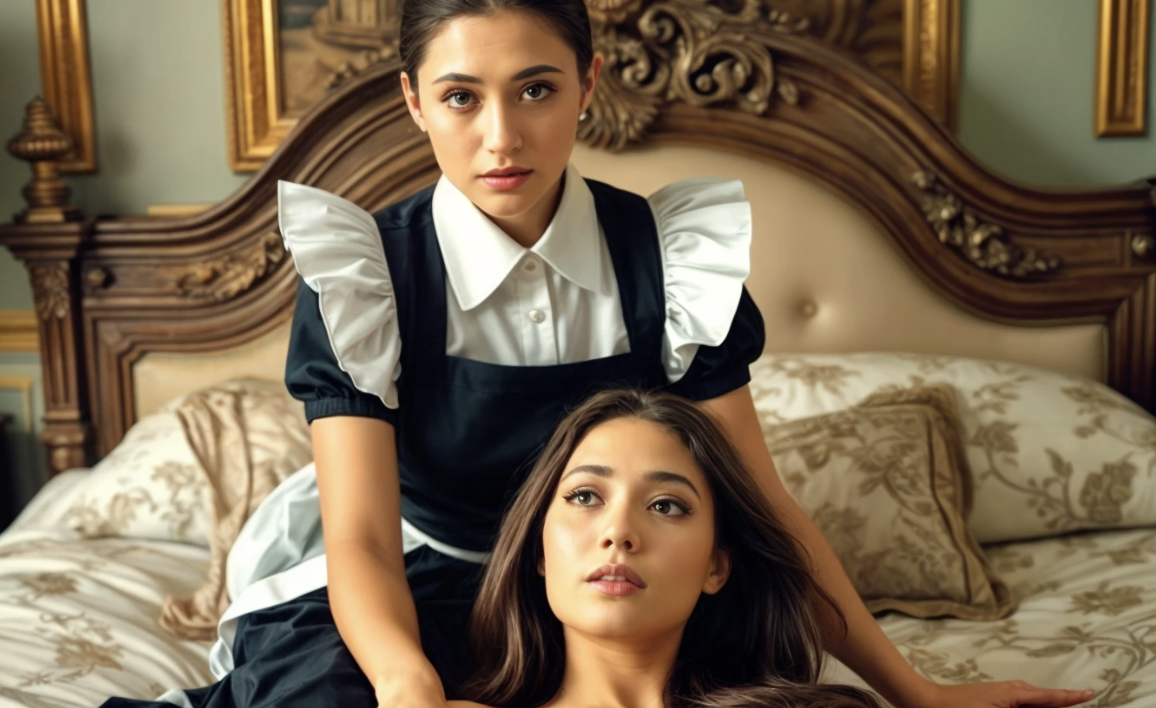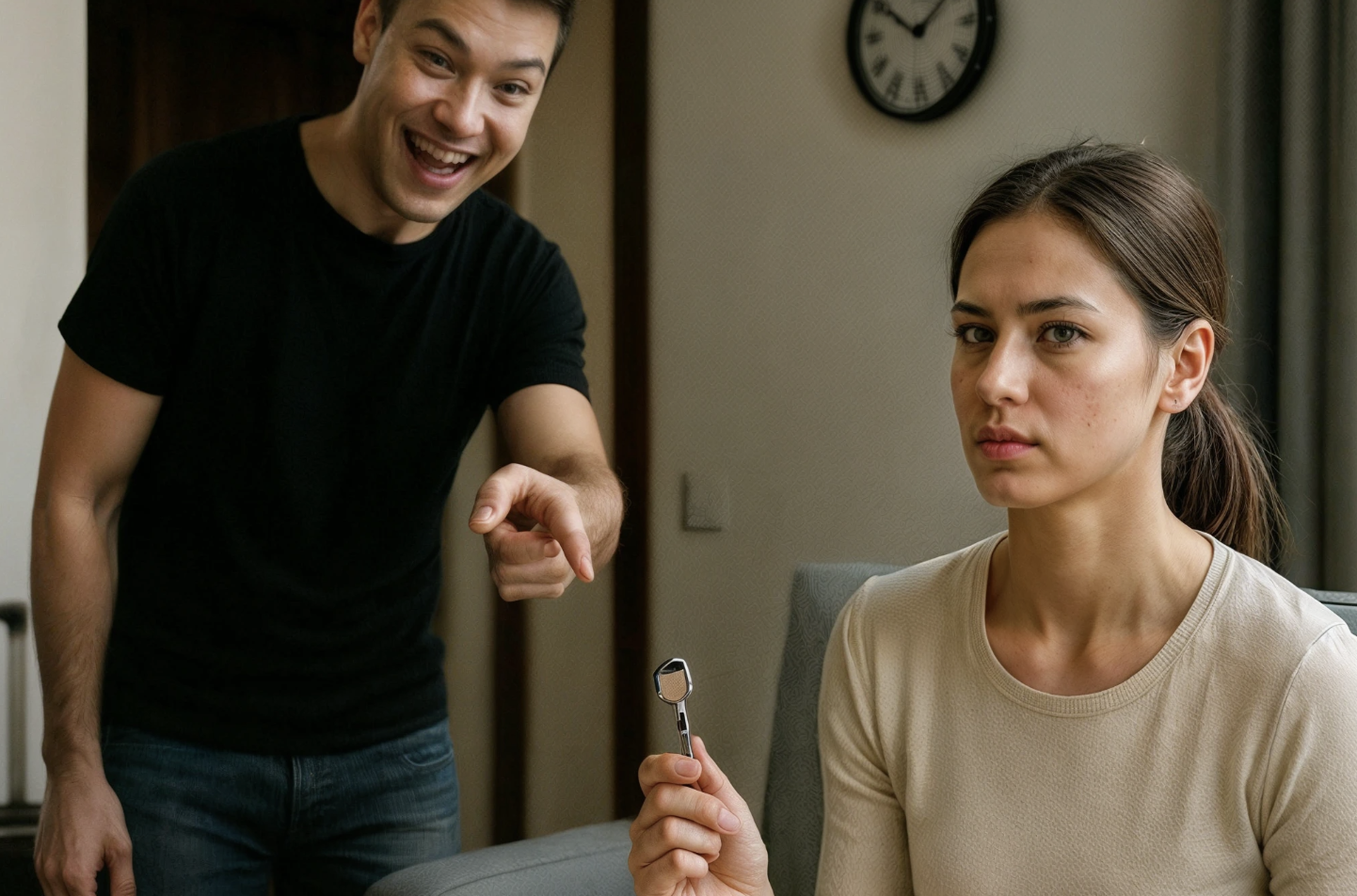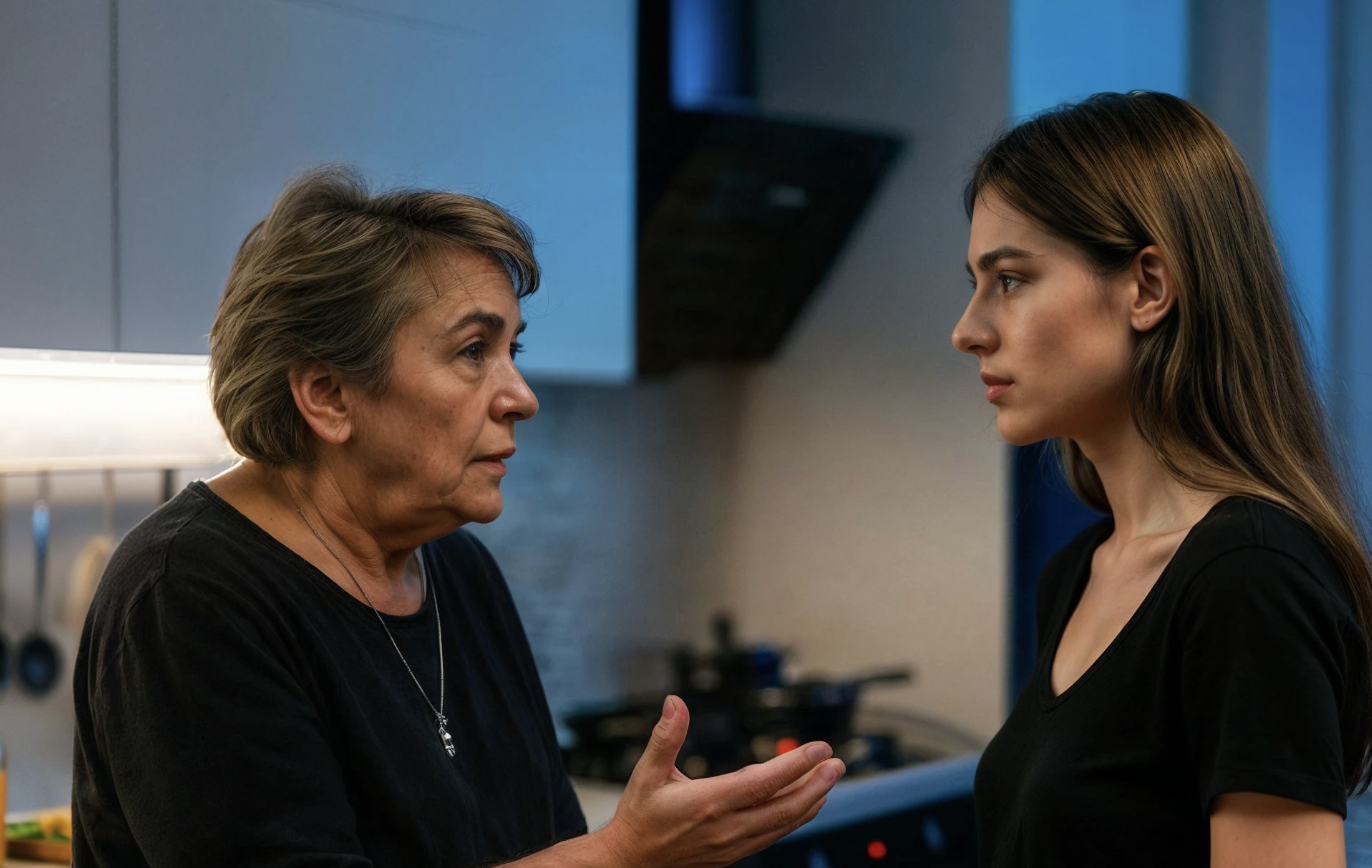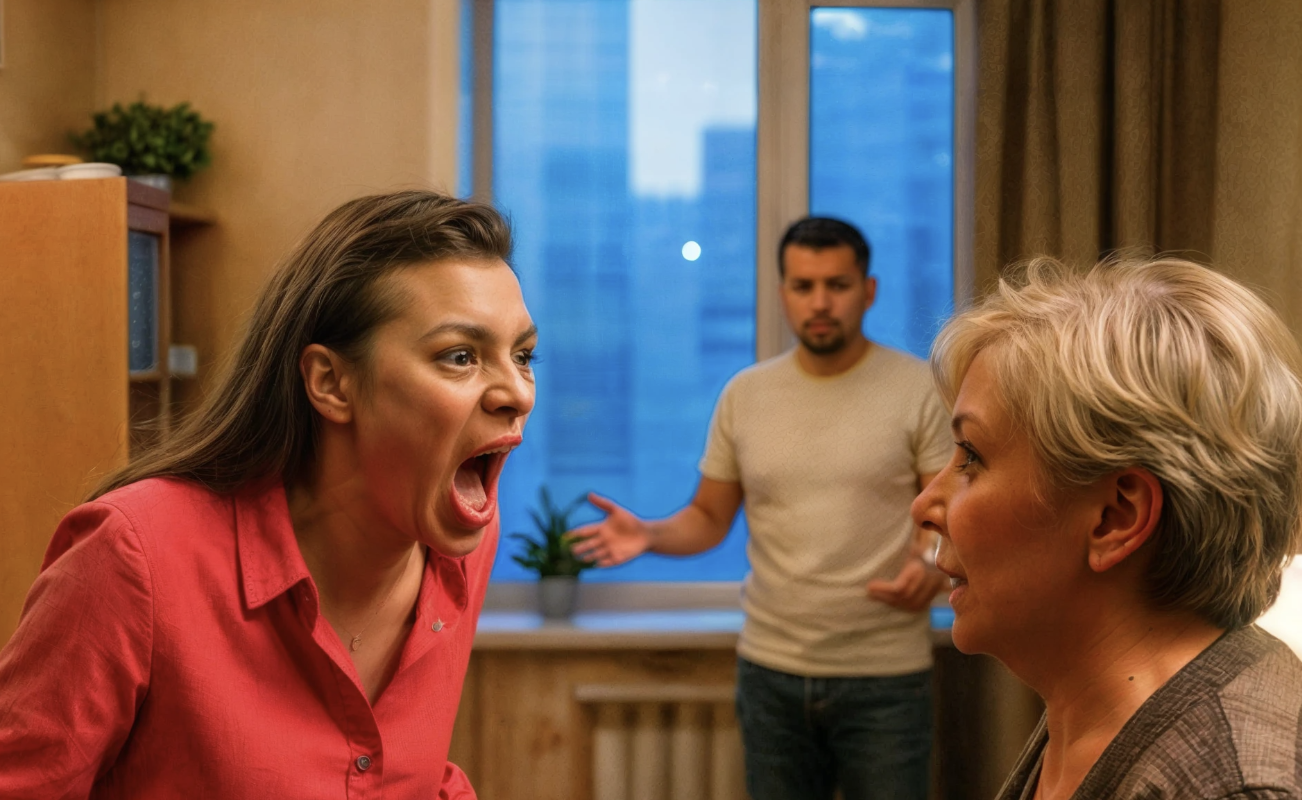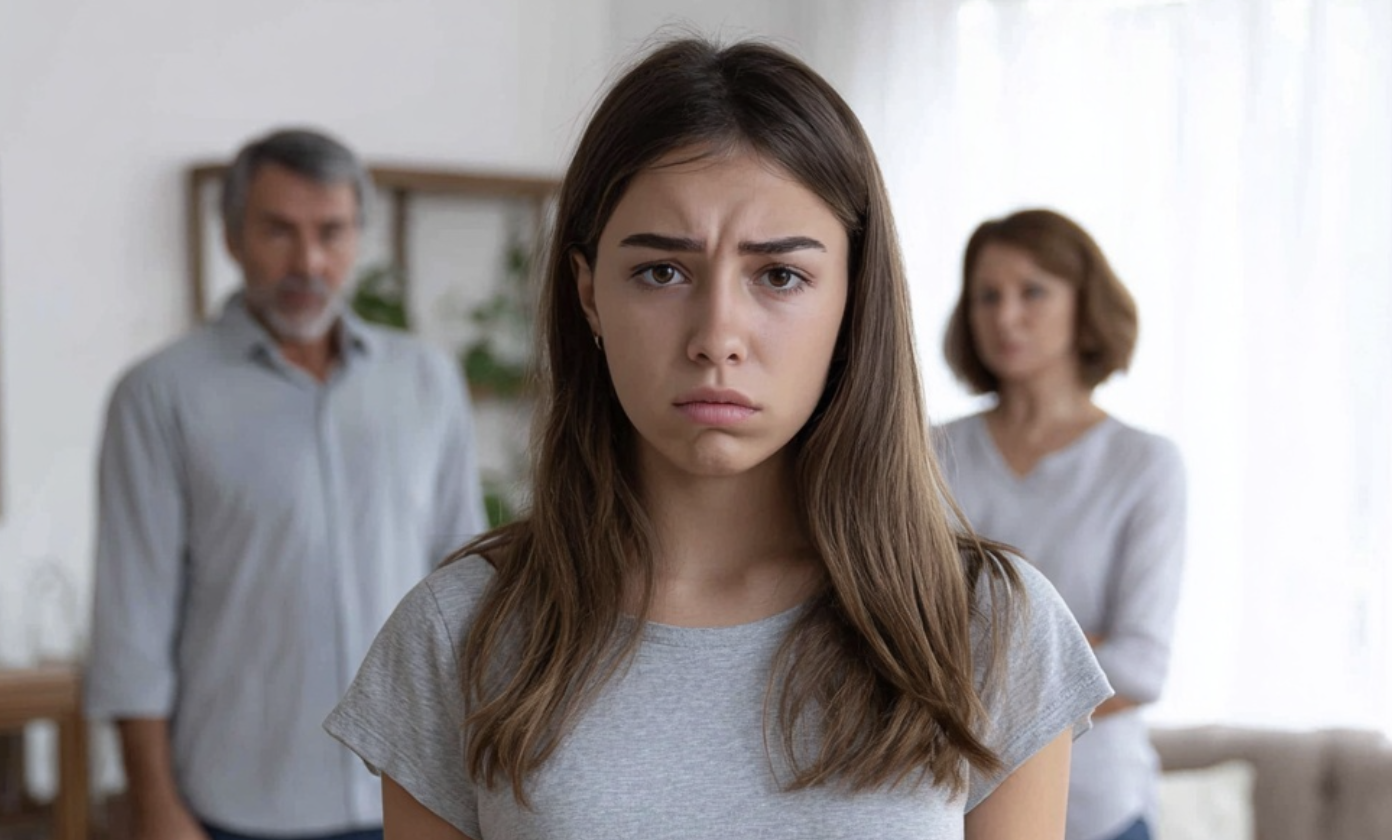At first, Genka thought his mother had just gained some weight. Though in a strange way. Her waist had suddenly rounded, while otherwise she looked the same.
At first, Genka thought his mother had simply gained weight. Though in a strange way. Her waist had suddenly rounded out, while the rest of her looked the same as before. It felt awkward to ask—what if his mom took offense? His father kept quiet, gazing at her with tenderness, and Genka pretended he hadn’t … Read more


